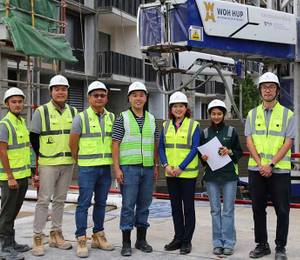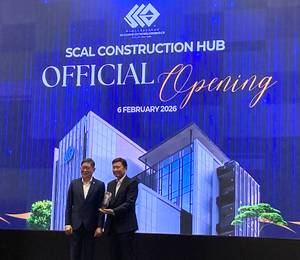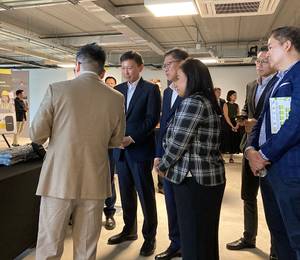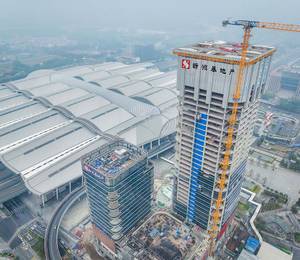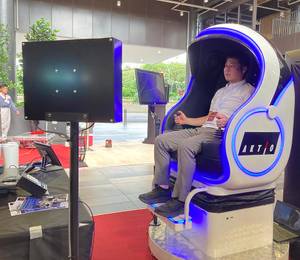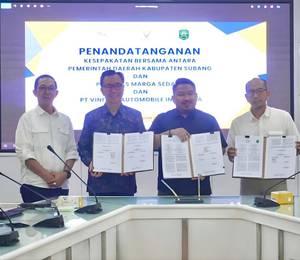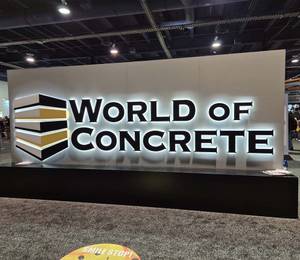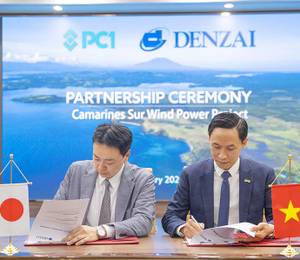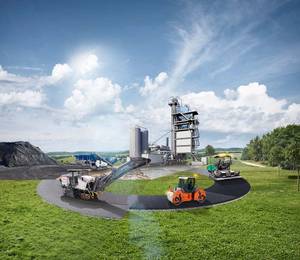“It is the problem solving, creative thinking and teamwork opportunities that I like most about engineering and construction,” says Rebecca Cheng, a senior civil and structural manager at Binnies Singapore.
“There are many ways to solve problems. With the creative application of science, mathematics, human relation and project management, we utilise practical and holistic approaches to overcome any hurdles at work and meet clients’ needs.”
Rebecca was inspired by her father, a mechanical engineer and lecturer, to always stay curious about how things work. “I’ve enjoyed solving mathematical and physical problems since an early age and civil engineering somehow aligns with my interests. I believe it is my curiosity and passion, which go hand in hand, that have kept me going in the industry.”
In her role, she is leading a team of civil and structural engineers to deliver civil and structural designs for various water and wastewater projects across Singapore. “As a civil engineer, my biggest challenge is to work with unforeseen conditions, which could lead to increased costs, damaged relations, and loss of clients,” she explains.
“I’ve encountered many such circumstances in my past projects, such as ground conditions deviating from the design assumption, uncharted underground services obstructing pipe laying, unanticipated changes in ground profile during tunnel boring, and workmanship issues causing retaining wall movement and ground settlement.”
Nevertheless, it is through this experience that Rebecca also learned to expect the unexpected, and how to identify and mitigate each risk to its minimum in the early stages of a project.
She further shares her risk-management strategy: “To effectively limit design and construction risk throughout the project life cycle, we need to verify design assumptions early using sophisticated engineering methods, streamline communication among the project teams and stakeholders, carry out detailed planning of construction sequences, and practise efficient project management.”
‘We have to explore new and innovative ideas’
Rebecca points out that technological advancement is “the way to go” in reshaping the engineering and construction industry. “At Binnies, our approach aligns with the Singapore government’s sustainability initiatives to promote the use of technologies and innovations to boost productivity. For example, in one of our recent projects, we used laser scanning to conduct crack surveys inside a confined water tank. This enabled us to collect accurate crack width measurements and locations in a short space of time.
“Another example is the use of building information modelling (BIM) technology in complex water and wastewater projects. This not only provides us with the most up-to-date information, but also allows us to walk through the design with our stakeholders in a virtual environment. As a result, it enhances our work process.”
“The advancement in mobile technology also enables real-time data collection and transmission,” she adds. “By adopting real-time monitoring systems to continuously monitor ground movement, any abnormality can be detected and managed immediately. This real-time data is available to all stakeholders via web and mobile applications.”
She stresses that in order for the engineering and construction industry to remain competitive, “we have to explore new and innovative ideas, and invent new ways of executing our work in a more efficient and effective manner.”
‘A love for learning is also important’
Rising through the corporate ranks in a male-dominated industry, Rebecca says she did feel “out of place” at first when she started her career working for a contractor in Hong Kong. “Over the years, I have progressively broken this negative perception by putting extra effort into gaining hands-on experience.
“Learning more about the industry also helped me develop important skills and build my confidence. I no longer face any barrier working in a male-dominated environment and in fact, I now enjoy working with them as they always motivate me to perform at my best and go the extra mile whenever faced with challenges.”
Rebecca encourages more women to pursue a career in engineering and construction, especially “if you have curiosity and passion for it. Successful women engineers are very motivated and highly satisfied with their career choice. My advice is: don’t be afraid to get your hands dirty. Gaining hands-on field experience early will help you later in your career, particularly when you have to overcome difficult challenges and make crucial decisions.
“A love for learning is also important, as continuous learning improves professional skills and abilities and inspires engineers to innovate and be more effective.”
Photos courtesy of Rebecca Cheng

